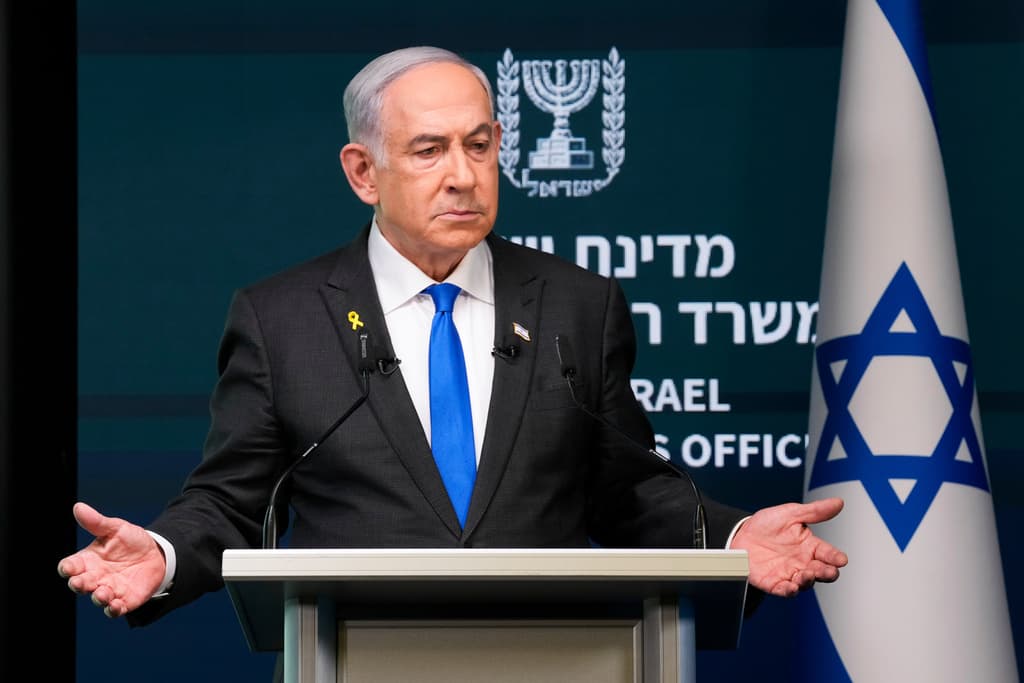"Only days after Hamas executed six Israeli hostages, the UK is pausing 30 arms permits for Israel", writes Netanyahu on his prime ministerial account on X.
He signals that the British have abandoned his country, with a formulation about the UK "honourably taking a stand against the Nazis" during World War II, while it is now Israel that "takes a stand against Hamas and Iran, the axis of terror".
The concern about the remaining hostages has become acute since six of them were found dead last weekend, but Netanyahu shows no signs of softening in the negotiations for a ceasefire.
"Time is up"
On the other hand, Defence Minister Yoav Gallant thinks the game plan has now changed. Israel can no longer insist on controlling the Philadelphi corridor between the Gaza Strip and Egypt, he believes. This despite the so-called security cabinet voting for it last week.
The decision was made on Thursday under the assumption that there was time. But if we want to get the hostages back alive, time is up, he is said to have said at a new ministerial meeting.
That we prioritize the Philadelphi corridor when the price is the hostages' lives is morally reprehensible.
Israel's most powerful friend, the USA, is also starting to lose patience. When President Joe Biden in Washington was asked if he thinks Prime Minister Netanyahu is doing enough to bring an end to the fighting in Gaza, the answer was brief and to the point:
No.
Advertisement
Wondering why
Even on Israel's streets, dissatisfaction with Netanyahu has reached a new level, with hundreds of thousands of sad and angry demonstrators in Tel Aviv and other cities. Many draw the conclusion that the government, with its constant new conditions and demands, is making the agreement on a ceasefire that the mediating countries, the USA, Egypt, and Qatar, are trying to achieve, impossible.
I wonder why Philadelphi is so important, says Meirav Leshem Gonen, mother of 24-year-old Romi, who is being held hostage by Hamas in Gaza, to CNN.
It wasn't that important for eight months, she continues, referring to the fact that Israel has not made this demand earlier during the war.






